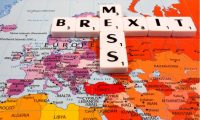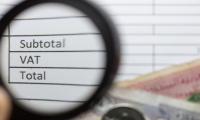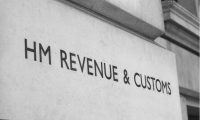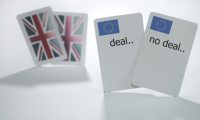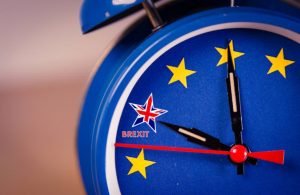
Stuart Crook, a partner at accountancy firm Wellers, explains the arrangements that HMRC has put in place for a no-deal Brexit scenario and how to best prepare a business for it
This article is the view of the author and not necessarily of Ready for Brexit
The subject of Brexit seems to be able to anger people and paralyse them with fear, all at the same time. Let’s make no bones about it, the uncertainty we are experiencing at the moment is bad for business, especially given it leads to spending and investment decisions being put on hold. The longer the stalemate goes on, the worse this situation gets. What UK businesses should be doing is preparing themselves as much as possible for a No-Deal Brexit, just in case it happens. It is better to be prepared, rather than reacting after the fact.
Be Prepared
If a No-Deal Brexit does happen, HMRC has a customs system that VAT-registered businesses will be automatically enrolled into if they import from, or export to, the EU. To start with, each applicable organisation is given a unique Economic Operator Registration and Identification (EORI) number. This ID ensures business can be identified by the Customs officials when trading, and allows them to import and export goods after Brexit. It is worth noting that it will not be possible to trade with other countries, including those in the EU, without one.
The FT reported that HMRC has calculated more than 245,000 UK businesses may need an EORI number, whilst Chancellor Sajid Javid has ordered the Treasury to step up its preparations amidst concerns that tens of thousands of SMEs are still unprepared. Javid was quoted as saying: “As the Government accelerates its preparation to leave the EU on Oct 31, it’s right businesses are prepared too. There can be no time for delay, which is why HMRC has allocated thousands of businesses with a trading number to ensure they can continue to trade their goods through Europe from day one. This will help ease the flow of goods at border points and support businesses to trade and grow.”
For businesses importing into the UK, there may be scope to utilise ‘transitional simplified procedures,’ which allows them to defer submissions until after goods have passed through customs. This means that the necessary paperwork and VAT duties can be completed away from ports. Importers must register for this.
Be Aware
As a member of the EU, we have relied on various systems to facilitate exporting and trading within the Customs Union. Any form of hard exit might mean that these are no longer available.
As is the case with most things Brexit related, there are many factors that are still undecided. For example, if the UK does leave, British businesses ‘may’ no longer be part of the EU wide Tour Operators Margin Scheme (TOMS), which currently enables them to account for VAT on supplies, without having to register and account for VAT in every EU country in which the services and goods are enjoyed. Furthermore the Mini One Stop Shop (MOSS) VAT system, that applied to electronic services supplied to EU-based customers, will likely no longer be available either.
What Else to Know
The potential introduction of tariffs, more procedures, and different standards could place a considerable strain on working capital in the short term. It might be worth smaller businesses seeking financial advice on how best to cope with any temporary hits to cash flow in the event of an uncertain Brexit period. Of course, many businesses will have done ahead of the previous Brexit deadline, so will have to renegotiate systems they had in place.
Should there be a No Deal, or some other form of exit, EU nationals will need to apply for settled status in the UK. If your business is heavily reliant on EU workers, you will need to reassess you current strategy and look at alternative options in a bid to maintain current operations and productivity levels.
I would encourage all exporters to keep a close eye on instructions being put in place by EU-member states that they trade into. Currently, there is not a huge amount of information readily available when it comes to cross-border customs procedures. There is a useful Government advice page on exporting after Brexit if there’s no deal, which is broken down country-by-country.
Along a similar line, I would urge all UK businesses to review the British Standards Authority website. Trade standards, labelling and certifications will see the UK aligned to the EU at the point of exit, however, the EU may decide not to recognise this. In addition, importers should be aware of the temporary rates of customs duties that will apply if there’s no deal.
Finally, if the UK leaves without an agreement, the Government will introduce ‘postponed accounting’ for import VAT on goods brought into the UK. This means that UK VAT registered businesses importing goods to the UK will be able to account for import VAT on their VAT return, rather than when they arrive.
In Summary
Whilst the country seems to be in Brexit turmoil, there are things that proactive businesses can be putting in place to safeguard against whatever implications October 31st brings with it. By preparing for the worst, but hoping for the best, you are at least covered whatever scenario unfolds.















